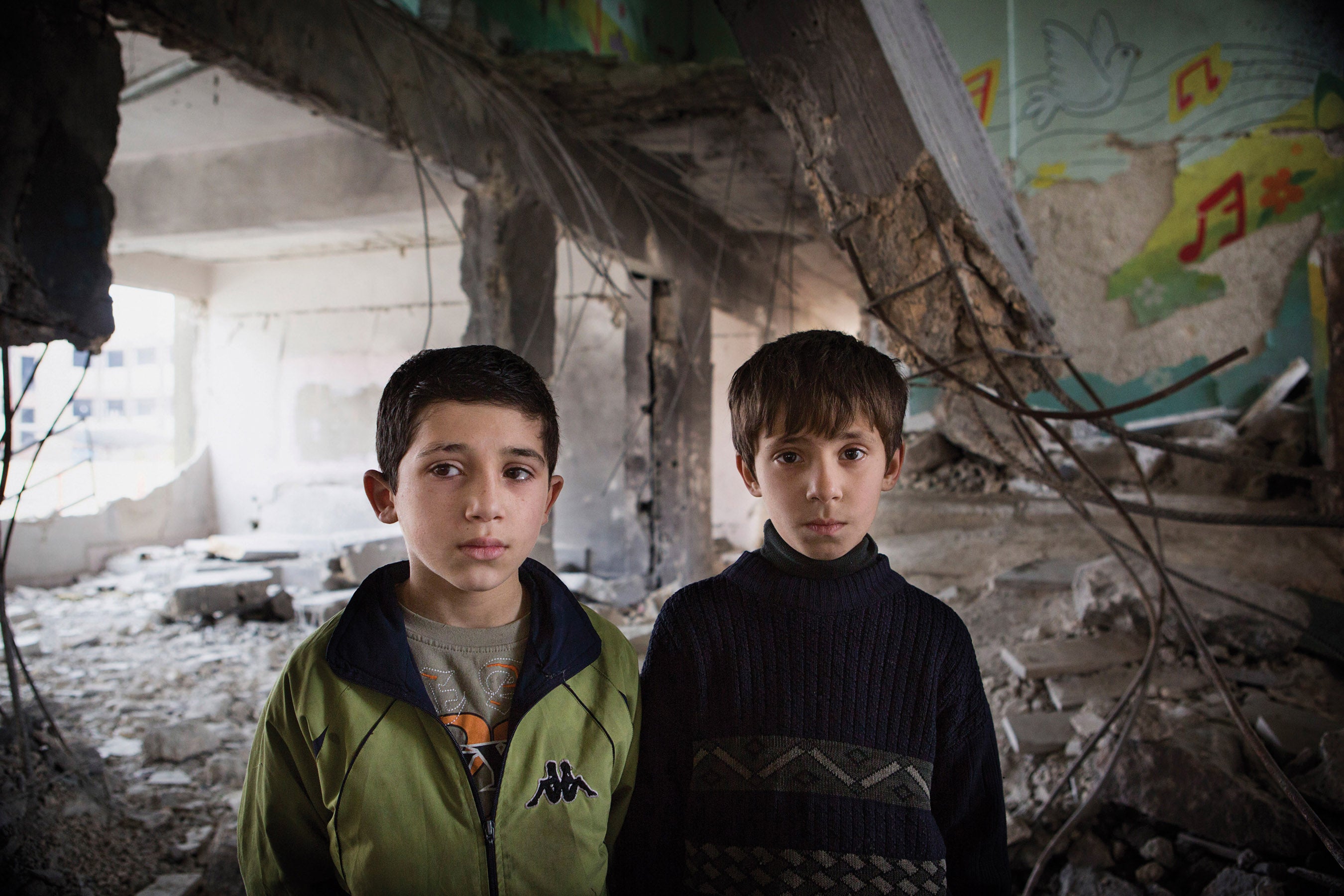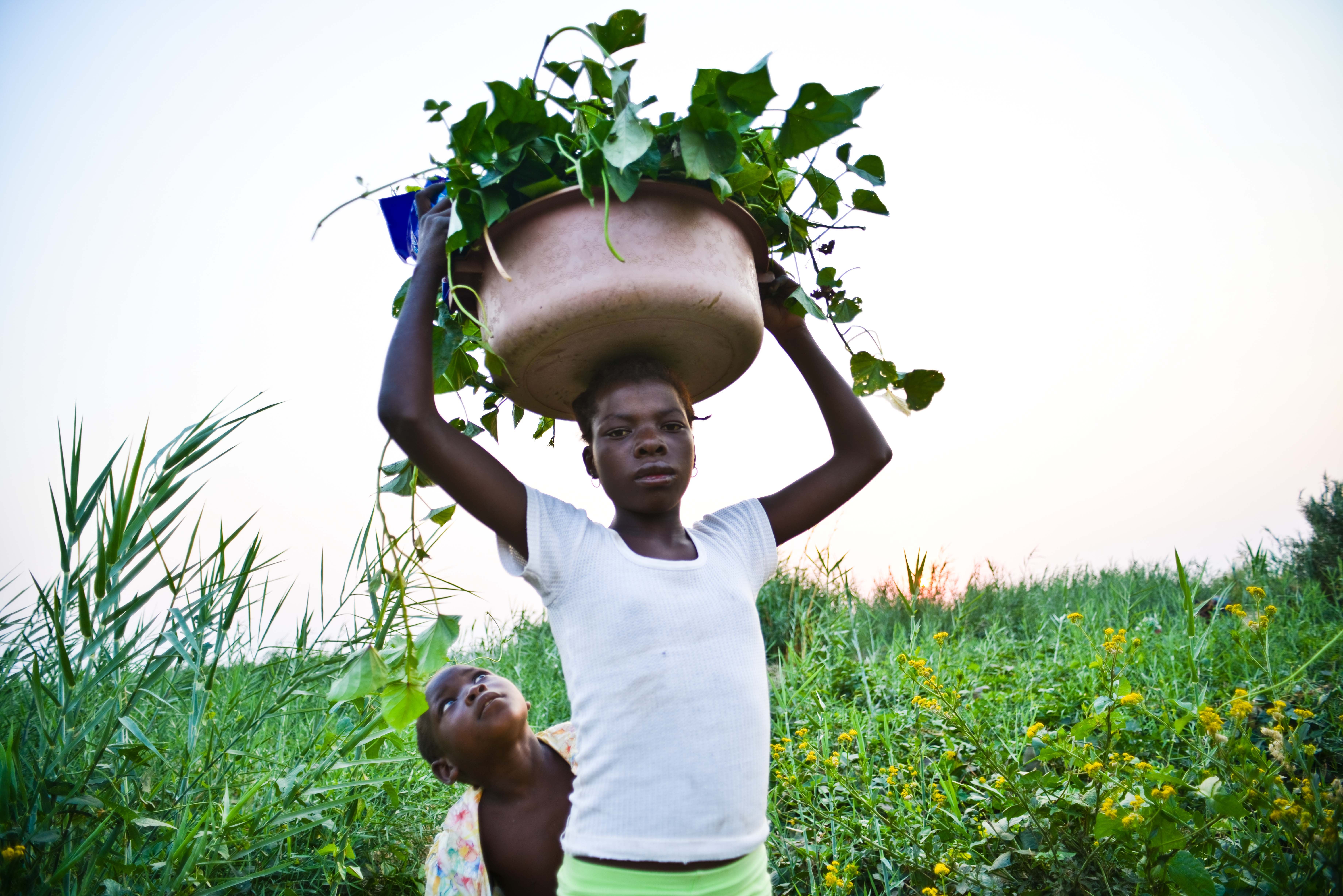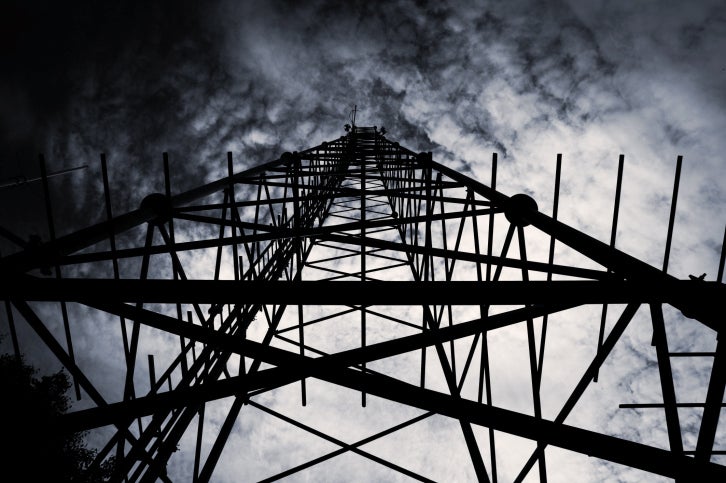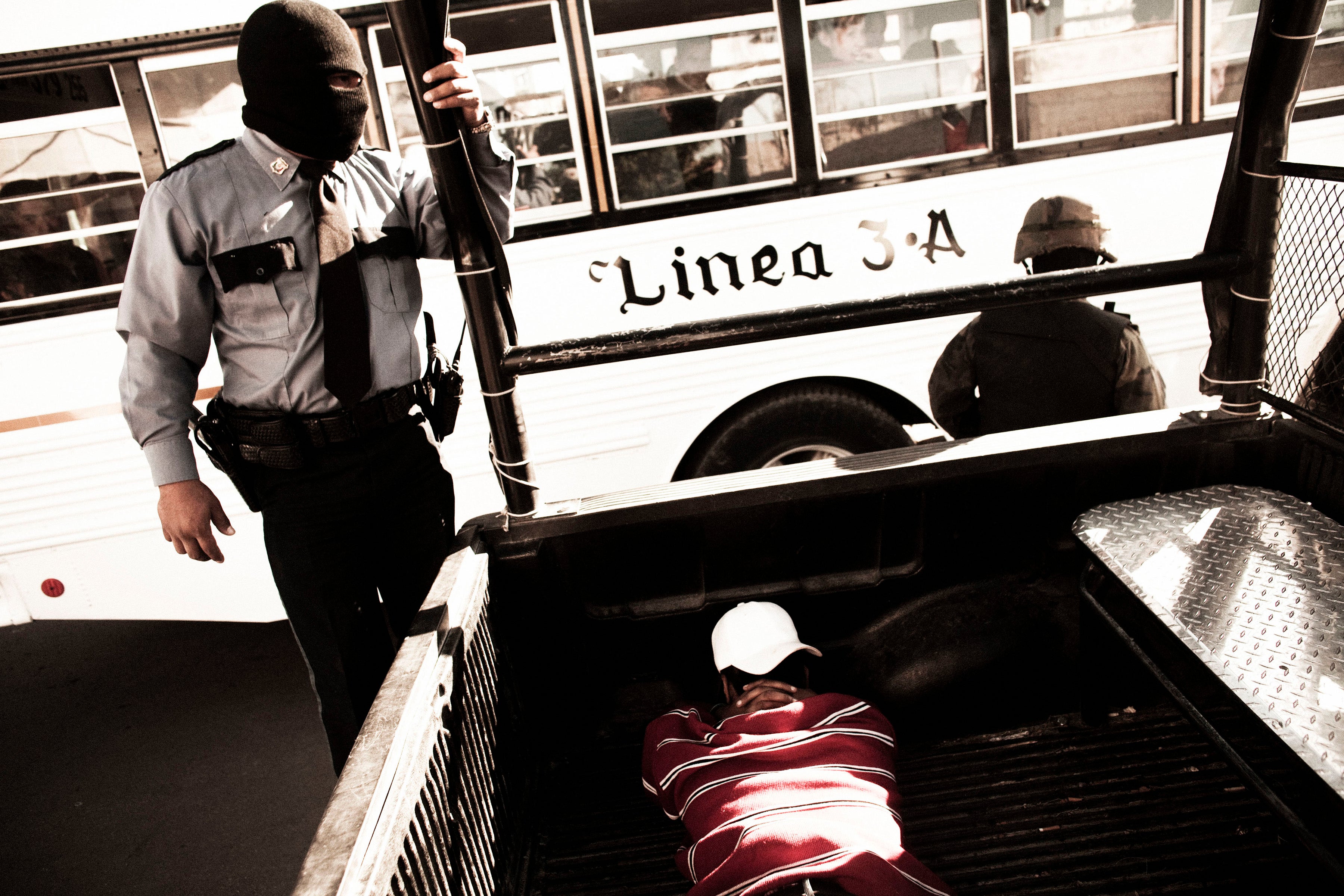President Serzh Sargsyan was re-elected in February and the ruling Republican Party dominated Yerevan municipal elections in May. Although generally well-administered, reports of voter harassment, vote-buying, misuse of administrative resources to favor incumbents, and police unresponsiveness to citizens’ complaints marred both elections.
Ill-treatment in police custody persists. The government has yet to offer conscientious objectors a genuine civilian alternative to military service. The authorities did not adequately investigate a troubling number of noncombat deaths in the military. They also failed to investigate violent attacks against peaceful protesters by unidentified assailants.
Broadcast media lacks pluralism and there were several instances of violence and harassment against journalists and media workers during the year. Violence and discrimination based on sexual orientation and gender identity by both state and non-state actors are serious problems. Bureaucratic restrictions prevent people with terminal illnesses from accessing strong pain medications.
Presidential and Municipal Elections
International observers, led by the Organization for Security and Co-operation in Europe (OSCE), concluded that the February presidential election “was generally well-administered” but noted “some serious violations” of OSCE and Council of Europe standards, such as pressure on voters. The OSCE also noted other breaches, including public administration bias in favor of incumbents, misuse of administrative resources, and interference by the incumbent’s proxies. Local observers reported the presence of unauthorized persons in polling stations, numerous attempts to pressure observers and journalists by political parties and election commission members, and widespread ballot stuffing for the incumbent candidate.
Yerevan Mayor Taron Markaryan, a Republican Party member, won re-election in the May 5 city council elections. Local groups observed instances of vote buying, multiple voting, and bullying of election observers by pro-government activists.
Freedom of Assembly and Attacks Against Activists
In August, police used force to disperse a crowd of local residents and civic activists in central Yerevan, demanding to halt construction of a high-rise apartment building in the city center. Police briefly detained some 26 protesters and beat at least one as he was transported to a police station; he required brief hospitalization. In October, the Armenian ombudsman’s office found that the police had used disproportionate force but no disciplinary action had been taken at time of writing.
September saw a spate of attacks against peaceful protesters in Yerevan, apparently intended to discourage participation in two peaceful protests. On September 5, about six unidentified assailants attacked Haykak Arshamyan and Suren Saghatelyan, well-known civil society activists, as they returned from a peaceful demonstration in front of the Republican Party headquarters where they were protesting President Sargsyan’s announcement that Armenia would join the Russia-led customs union. Saghatelyan suffered a broken nose, requiring surgery and hospitalization, and Arshamyan was treated for multiple bruises. On September 4, about 10 unidentified assailants attacked activist Arman Alexanyan after he left a sit-in at the municipal building to protest a temporary price increase in municipal transport fares. He was hospitalized briefly for bruises and head trauma. On August 25, about six unidentified assailants attacked two activists, Babken Der Grigoryan and Mihran Margaryan, shortly after they left the municipal building protest. Investigations were pending at time of writing.
The Women’s Resource Center, a nongovernmental rights organization, has faced an increasing number of threats by nationalist groups, including Facebook comments by users who threatened to blow it up and slit the throats of its activists. While these threats have been reported to the police,authorities had yet to investigate at time of writing.
In November, authorities arrested Shant Harutyunyan, an opposition leader, and 13 activists, after they clashed with riot police following an attempted march to the presidential administration building. The government claims that the group intended to forcibly occupy the building. At time of writing, all those detained remained in pretrial custody, facing criminal charges of violence against the authorities. Harutyunyan claimed that police officials physically abused him in custody, but authorities have not initiated an investigation into the allegations. In late November, a Yerevan court ordered Harutyunyan be sent to a psychiatric institution for a forced examination.
Torture and Ill-Treatment in Custody
According to local human rights defenders, torture and ill-treatment in police custody persist, and the definition of torture in Armenian law does not meet international standards, as it does not include crimes committed by public officials. Authorities often refuse to investigate allegations of ill-treatment or pressure victims to retract complaints. Police use torture to coerce confessions and incriminating statements from suspects and witnesses.
For example, Artur Karapetyan, detained in October 2012 on charges of illegal drug distribution, complained of police abuse in custody. According to his lawyer, Karapetyan showed him wounds on his feet that he said were from a beating. Although Karapetyan was released in December and the charges against him dropped in April 2013, police failed to conduct an effective investigation into his ill-treatment allegations.
In November 2012, Mger Andreasyan testified in a local court that Yerevan police officers severely beat him after his arrest on robbery charges. Andreasyan stated that, unable to bear sustained beatings, he attempted suicide by using his head to break a window in the investigator’s office and trying to jump out, but police prevented him. Although a Yerevan court dropped escape charges against Andreasyan in March, there was no investigation into his ill-treatment allegations.
Army Abuses
As of October 31, the Helsinki Citizens’ Assembly Vanadzor office had reported 29 noncombat army deaths, including 7 suicides. Local human rights groups have documented the Defense Ministry’s failure to investigate adequately and expose the circumstances of noncombat deaths and to account for evidence of violence in cases where the death is ruled a suicide.
In June, parliament amended the law on alternative military service to remove military supervision from alternative labor service and reduce it from 42 to 36 months. Local activists voiced concerns about the amendments, including the Defense Ministry’s continued role in application decisions, vague eligibility requirements, and length of service, which would still be longer than regular military service. By mid-November, 33 Jehovah’s Witnesses who had been convicted for refusing alternative service were released but were still required to perform alternative service.
Freedom of Expression
Armenia has diverse print and online media, but broadcast media lacks pluralism; for example, only 1 of Armenia’s 13 television stations carries live political talk shows. International election observers noted the media’s “selective approach” in covering post-presidential election developments, notably limiting views critical of the conduct of the election.
The Committee to Protect Freedom of Expression, a local media monitoring group, reported six instances of physical violence against journalists during the first half of 2013. In one case, several young men forcibly prevented Artak Hambardzumyan, from Journalists for Human Rights, from documenting alleged ballot box stuffing in Artashat during the presidential election. As of June, the committee had documented 34 instances of pressure on media outlets and journalists.
Palliative Care
Armenia’s complicated and time-consuming prescription and procurement procedures for opioid medications obstruct the delivery of adequate palliative care, condemning most terminally ill patients to unnecessary suffering. Although morphine is a safe, effective, and inexpensive way to improve the lives of terminally ill people, Armenia’s current consumption levels of morphine and alternative strong opioid medicines are insufficient to provide care to all terminally ill cancer patients, leaving many without adequate pain relief during the last stages of their illness.
Sexual Orientation and Gender Identity
Local lesbian, gay, bisexual, and transgender (LGBT) rights activists have expressed concern for the alarming level of homophobia in Armenia. According to PINK Armenia, a local rights group, transgender women who engage in sex work are frequently assaulted and receive no police protection when they report abuse. PINK Armenia also reported that the LGBT population continues to experience employment discrimination, obstacles to health care, and physical and psychological abuse in the army, in public, and in families.
According to an August Amnesty International report, government officials frequently condone violent attacks against LGBT people, characterizing the violence as an expression of “traditional values.” In July, the Armenian police made a proposal to amend the code of administrative offenses to establish a fine of up to US$4,000 for promoting “nontraditional sexual relationships.” The proposal was subsequently withdrawn.
Also in July, a Yerevan court convicted two people for damage to property stemming from a bomb attack in May 2012 against DIY, a bar frequented by LGBT and women’s rights activists. Graffiti identified LGBT people as targets of the attack. One attacker was sentenced to 19 months in prison and the other received a two-year suspended sentence. They were both amnestied in October. Local human rights groups expressed frustration that the sentence was too lenient. Armenia does not have hate speech legislation.
Key International Actors
Armenia’s international partners noted that the February presidential election was conducted smoothly, but in addition to the OSCE, the European Union, the Council of Europe, and others also highlighted violations of OSCE election standards, including misuse of administrative resources, lack of impartiality of public administration, and cases of pressure on voters.
In September 2013, the EU delegation in Yerevan expressed deep concern about attacks on members of civil society and cases of intimidation targeting human rights defenders.
In its March European Neighborhood Policy progress report, the EU commended Armenia for its “serious effort to address issues related to human rights and fundamental freedoms” but also highlighted a rise in homophobia and insufficient media independence in the country.
In its April annual human rights report, the United States State Department highlighted a number of human rights concerns in Armenia, including arbitrary or unlawful deprivation of life; torture and other cruel, inhuman, or degrading treatment or punishment; and denial of freedom of speech and peaceful assembly.
In September, Armenia signed the United Nations Convention on the Protection of the Rights of All Migrant Workers and Members of Their Families, affording them equitable, humane, and lawful conditions.




